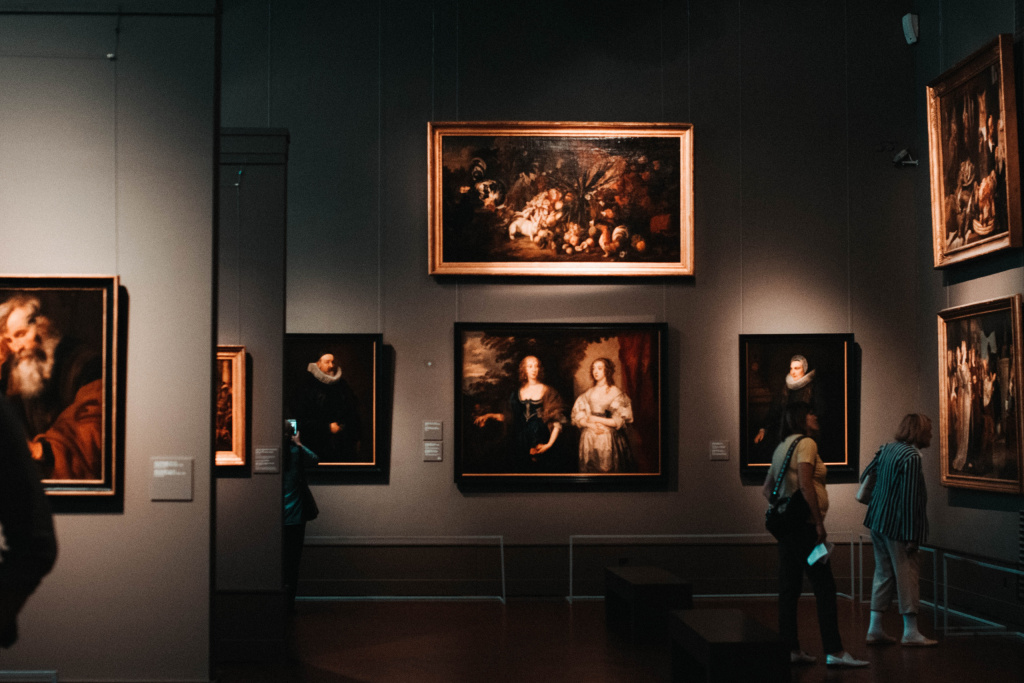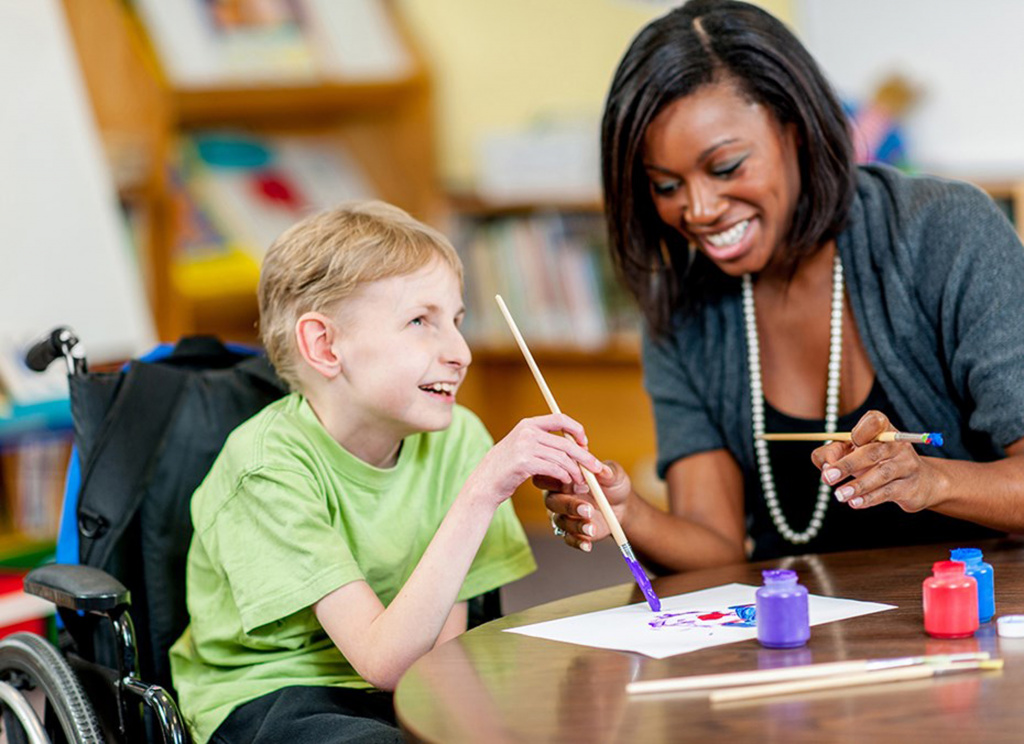
As technology advances at a rapid pace, the state in which children leave education and enter the workforce will also evolve. New skills, technology and knowledge are fast emerging, changing employer demands and the jobs of tomorrow.
It is often difficult for educators and those responsible for a school’s curriculum to predict the exact technical or hard skills that will be necessary or relevant for the new workforce, but it is vital that we do everything we can to set them up for success. As educators, the goal is to inspire children to become well-rounded and capable individuals who can adapt to thrive on their own. Therefore, helping young people to develop comprehensive and adaptable skillsets that will help widen their opportunities and build a strong foundational knowledge and character is the best route to safeguarding their future employability prospects.
In recent years, the UK’s education system has consistently diminished the importance placed on arts and cultural education, not realising its potential to unlock career pathways or as a tool for social mobility. In this way, focusing purely on outcomes and assessments – while a necessary part of education – can create a narrow experience for some schoolchildren if not balanced with holistic and enriching practices like cultural experiences. What’s more, the current system’s focus on assessment and exam results could soon cease to be fit for purpose in the face of such rapid technological change and the evolving professional ecosystems that are characterising the 21st century.
Alternatively, a holistic approach which integrates creative and cultural education can help children develop their socio-emotional skillsets and become well-rounded citizens. Indeed, a dynamic curriculum gives children the space and opportunity to explore new feelings and learn about themselves and the world around them, providing them with a variety of cultural experiences which may include visits to art galleries, taking part in hands-on creative projects or going on museum tours. This is a cornerstone of any education that seeks to nurture and engage children; these experiences will translate into a deepened sense of self that will aid them later in life.
Personal development aside, there is too often a fundamental misunderstanding of what we need when teaching ‘skills’, with discussions on the skills gap focused purely on the technical. While these are of course important, core skills such as communication, empathy, teamwork and critical thinking are in high demand with employers and their transferable nature means young people can be more agile and resilient to navigate the inevitable changes to the workplace and jobs.
It is these skills which go beyond academic achievement that are therefore critical to success after school. This has also been cited by the World Economic Forum, which has signalled that the major skills needed for the immediate future include problem-solving, self-management and interpersonal collaboration.

With this in mind, we need to reframe the conversation to address the ‘essential skills gap’ rather than the ‘skills gap’ as we know it. Once we move from considering traditional curriculums as a means to addressing this gap and consider how cultural education can contribute to this ambition, real progress can be made.
There’s no denying that cultural education has been somewhat neglected by the government in recent years, but I welcome the increased focus that has emerged over the last few months, be that through various fringe events at the recent Conservative and Labour Party Conferences or the announcement in summer that the government is appointing a new panel to promote cultural education. These are positive moves and hopefully a signal that greater support will be provided so that collectively, we can unlock the potential for creative and cultural education.
Contributing to this shift, I recently spoke at the Westminster Education Forum, adding to a discussion on the post-16 pathways and careers in the cultural sector. As part of this, I shared how these ‘essential’ skills are developed through creative and cultural education and can lead to more meaningful training and employment pathways for young people. This could be by using art to develop critical thinking skills and consider alternative points of view or developing a project management mindset through completing a creative activity such as organising a school play or creating a group work of art.
Therefore, from my perspective, no education is complete without making the arts and creativity central to the school experience. Allowing children to immerse themselves in culture and appreciate the arts can help to change a young person’s understanding of the world around them and open up possibilities they never considered. Children are naturally curious and have an innate desire to investigate, learn and grow. This aids them greatly in acquiring new skills and knowledge easily, building their confidence as they go.
Cultural education means that young people are as familiar with the paintbrush as they are with the keyboard, can parse paintings for meaning as well as books and feel comfortable in museums or theatres, confident in their belonging and understanding. It is about ensuring that as adults, they can transfer these skills in meaningful ways, be that actively participating in developing new ideas, troubleshooting critical issues at work, having the confidence to voice their opinions or quickly adapting to new processes or roles.

Importantly, cultural education is vital not only as an education tool but also as a mechanism for supporting social mobility for those from disadvantaged backgrounds. This part of the curriculum can help young people identify areas of passion and develop an understanding that can lead them to pursue a wider range of opportunities beyond school.
Oftentimes, barriers to accessing certain pathways, whether they be geographical or socio-economic, can make it difficult for children to fully grasp what possibilities are out there. By prioritising cultural education, educators can broaden these horizons and raise aspirations by introducing children to new worlds through art, music, theatre and more, resulting in an increased understanding of potential prospects.
Outside of the creative industry, such an education can also allow pupils to pursue personal interests and passions through lifelong learning, helping them to achieve personal fulfilment and lead happy, successful lives. The aim of the educator is not solely for their pupils to pass exams and learn knowledge by rote, but to encounter a multitude of experiences that can shape their entire lives and set them up to thrive in the long term.
Children in this country have access to some of the richest cultural heritages available and it is essential their teachers, families, communities and policymakers work hand-in-hand to ensure they are supported and encouraged to engage with arts and culture. In fact, it is up to the adults in their lives to help break down barriers to access and pave the way for these enriching experiences to take place so that children are able to benefit from the multitude of positive benefits and impacts cultural education has to offer.
These experiences, gained through a well-integrated curriculum that pays attention to cultural education, will equip and empower young people with the essential skills needed to face this quickly evolving world and provide them with the knowledge, confidence and skills to adapt and thrive in life.
Holly Ball, Head of Careers and Employability at Curious Minds
Register for free
No Credit Card required
- Register for free
- Free TeachingTimes Report every month